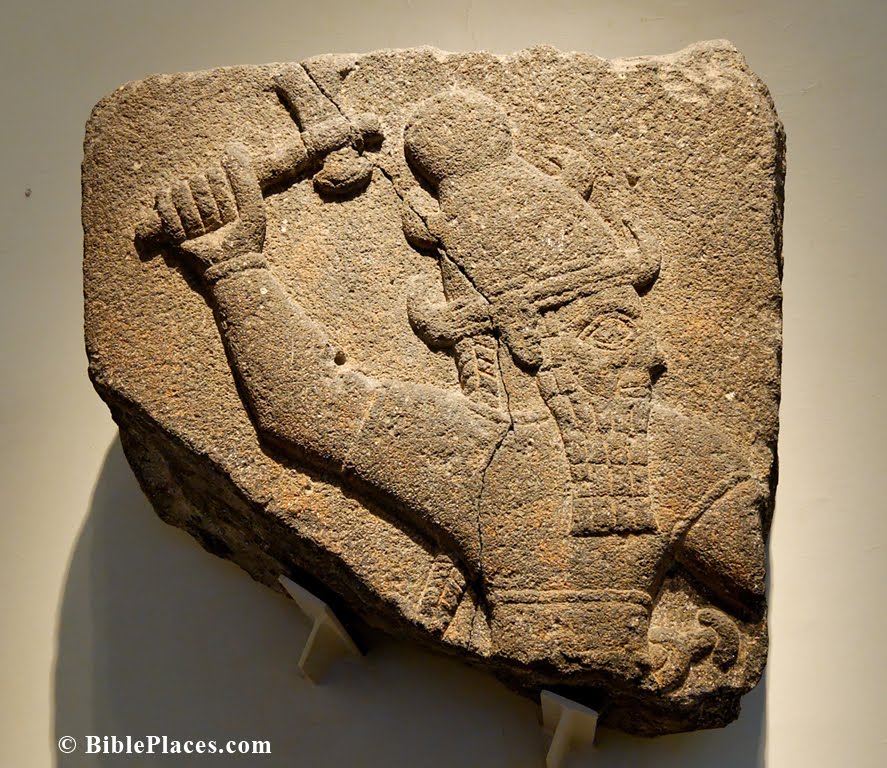Iran has “cut ties” with the Louvre, according to this report. The Louvre did not meet a deadline to decide which Persian objects in its holdings it would loan to Iran for exhibition. The same article makes mention of the Cyrus Cylinder which the British Museum loaned to Iran. The Cylinder was supposed to be returned in January, but the British Museum has agreed to extend the loan for an additional three months (see here).
Saudi Arabia has been showing 300 objects, including pre-Islamic artifacts, from its cultural heritage in an international exhibition named “Roads of Arabia.” We made mention of the exhibition here. A lengthy article (for the web, at least) in Aramco World gives some historical background to the exhibition. “Roads of Arabia” has already shown at the Louvre and in Barcelona. According to the article, the exhibition “will visit St. Petersburg, Berlin and Chicago through 2013.” (The map which accompanies the article is interesting. I cannot determine what scheme was used for labeling countries. Some modern states are labeled, such as Yemen, Qatar, and Kuwait. Other countries are not labeled, such as Iran and Israel. Turkey is labeled “Minor Asia.”)
